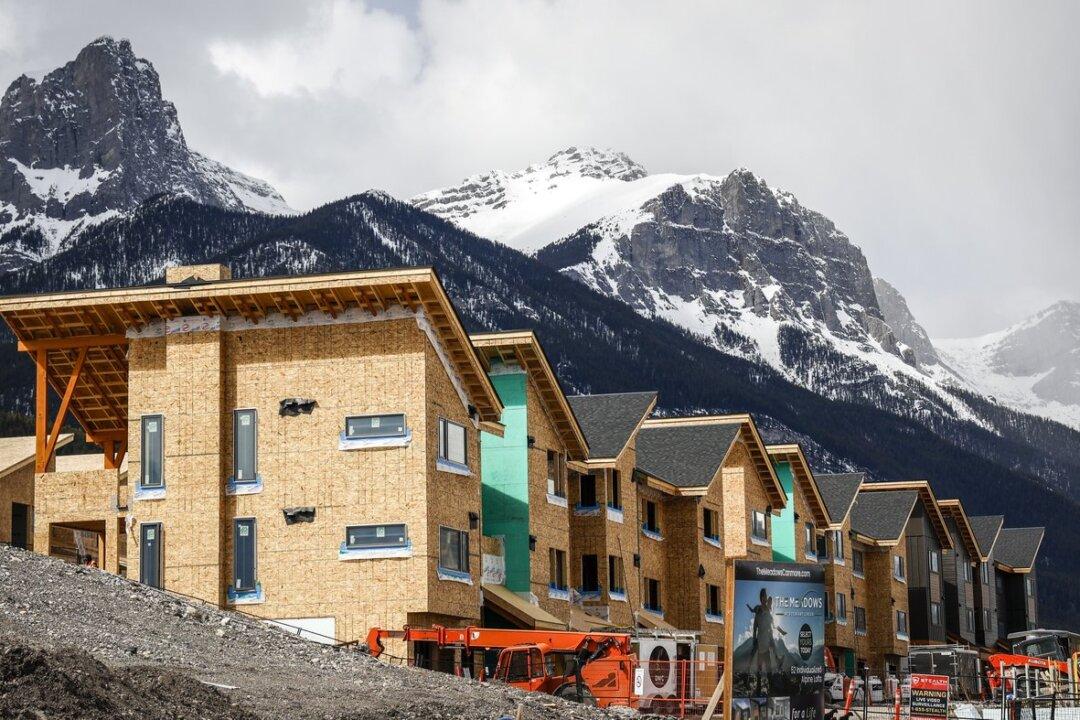Federal housing minister Ahmed Hussen told a House of Commons committee that the country needs more houses urgently.
“We need more housing supply in Canada,” he told the Public Accounts Committee on May 18. “We have the fastest-growing population in the G7. We have a very low housing supply of all types.”





